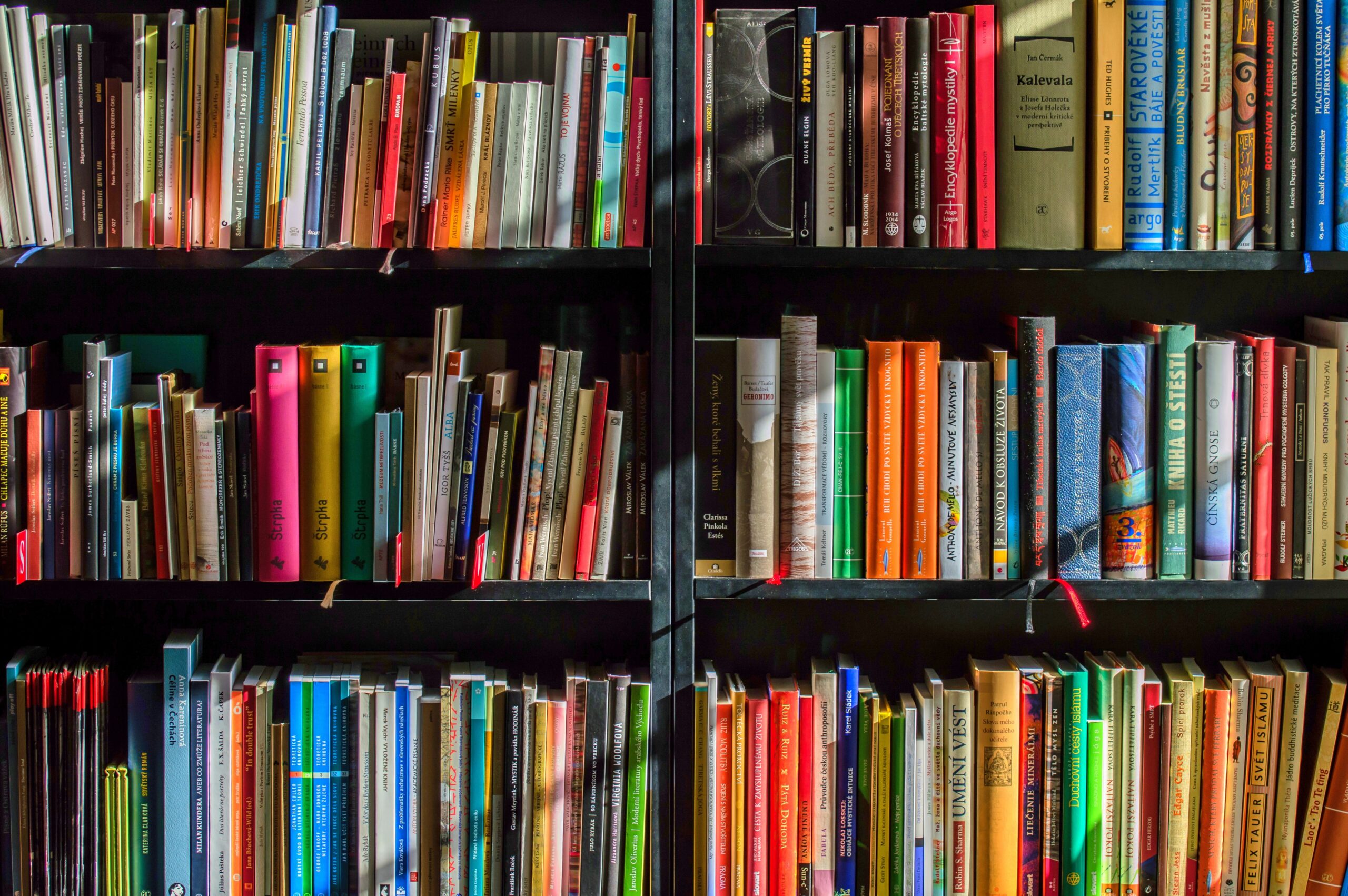President Biden will appoint a new federal coordinator to address the growing book bans happening in schools across the nation.
Biden made the announcement on Thursday. The White House is launching the coordinator position along with a group of other initiatives to support the LGBTQI+ community as it celebrates Pride Month.
“Across the country, our nation faces a spike in book bans — efforts that disproportionately strip books about LGBTQI+ communities, communities of color, and other communities off of library and classroom shelves,” the White House said. “In fact, 2022 saw the highest number of book bans in 20 years.”
The coordinator will be a part of the Department of Education’s office of civil rights. The role will focus on offering trainings for schools on how book bans are possibly unlawful and can lead to a “hostile” setting for students. However, Biden has yet to name who will be stepping into the role as the coordinator over book bans.
“Book banning erodes our democracy, removes vital resources for student learning, and can contribute to the stigma and isolation that LGBTQI+ people and other communities face,” the White House said.
Along with the new coordinator, Biden also announced initiatives to help support homeless LGBTQ community members and the creation of new safety training classes for LGBTQ community organizations.
According to PEN America’s Index of School Book Bans, there have been close to 1,500 instances of book banning in schools during the first half of this school year. These bans have focused on 874 different titles.
Recent bans include a book created from Amanda Gorman’s poem “The Hill We Climb”, which she read at the 2021 presidential inauguration. The book, along with three other titles, were moved to the middle-school section of the library at Bob Graham Education Center, which is a public school in Miami-Dade County.
Speaking on her book being banned, Gorman told CBS Mornings that the book bans were “creating a bookshelf that doesn’t represent the diverse facets of America.”
“I’m fine with those parents not liking my poetry, that’s completely in your right,” Gorman said. “But when we get to a situation where that one person’s dislike of my work leads to everyone else not having access to that, that is a huge issue, I think, because it encroaches on our freedom to really absorb and love and enjoy literature from where we are.”
